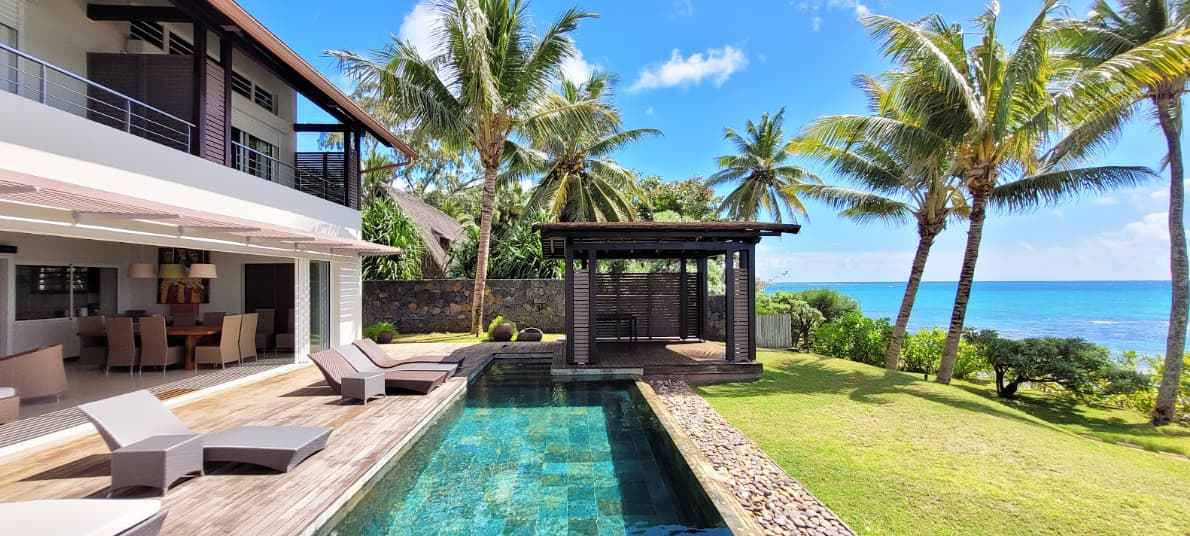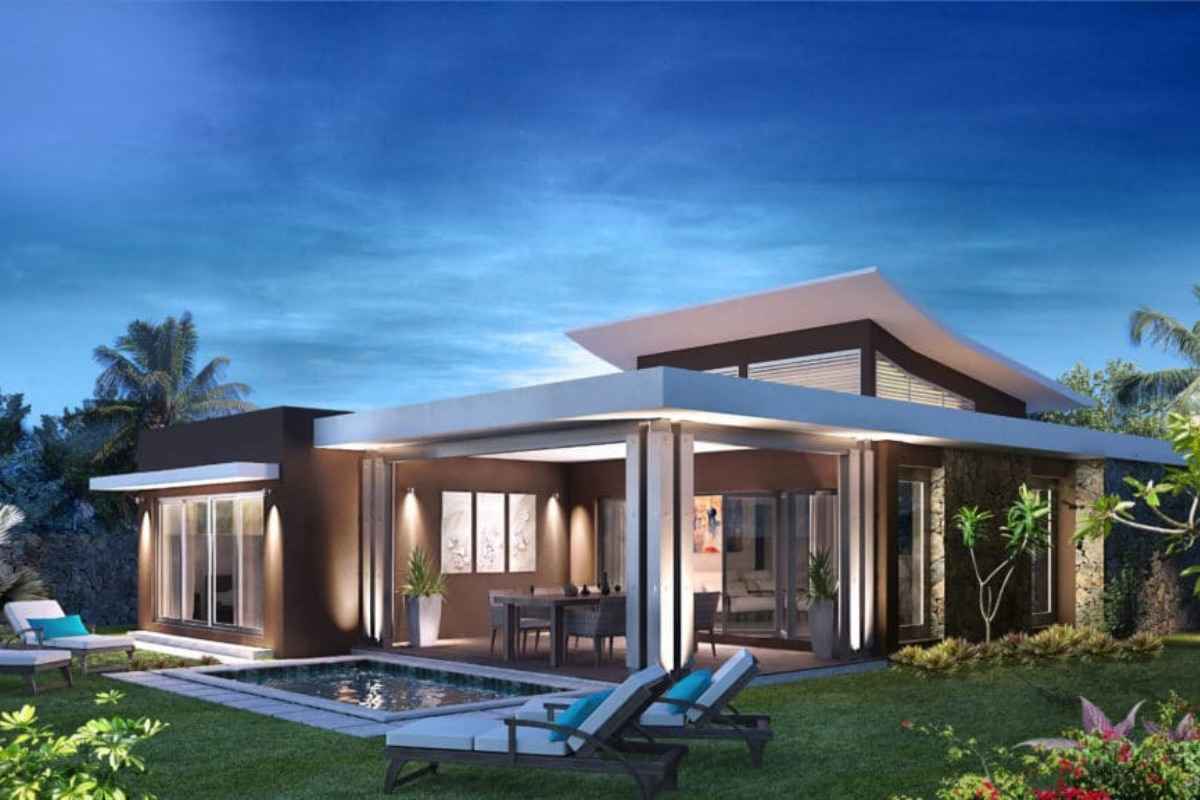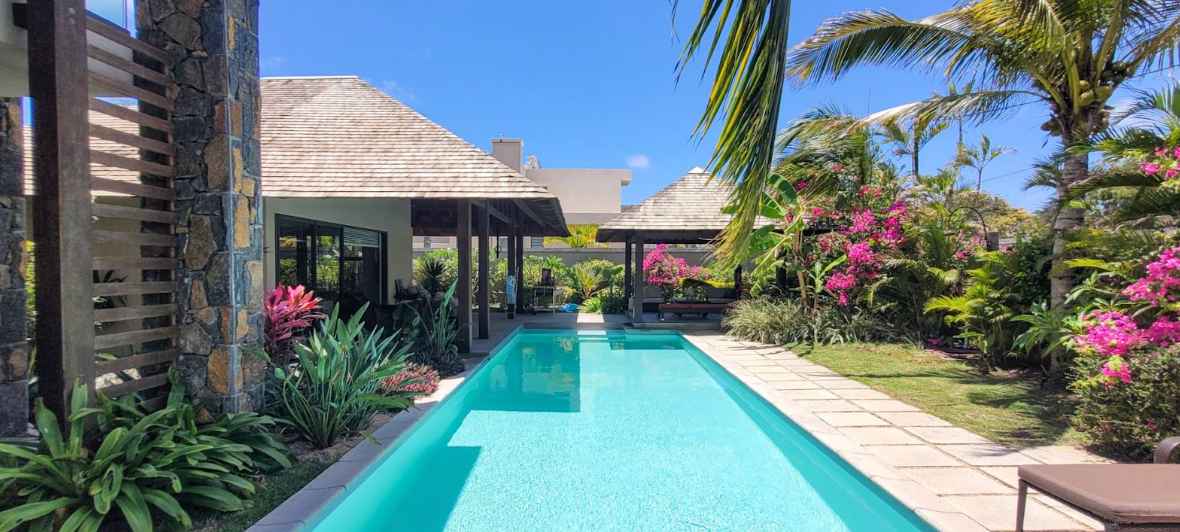2022-08-30
Understand the process of property acquisition by a foreigner in Mauritius
The different property developments available in Mauritius

What are the different government measures put in place for an investment?
Are you attracted by the beauty of Mauritius? Would you like to buy a property there? Mauritius is a small paradise island located in the middle of the Indian Ocean, ideal for your real estate investment project. It is important to understand the process of acquiring a property by a foreigner.
Before knowing the steps to acquire a property, it is important to understand the different types of schemes put in place by the government to invest in a property as a Mauritian or non-Mauritian.
Here are the 6 schemes:
Project Development Scheme (PDS)
Smart City Scheme (SCS)
R+2 Apartments
Integrated Resort Scheme (IRS)
Real-Estate Scheme (RES)
Invest Hotel Scheme (IHS)
Project Development Scheme (PDS)
The PDS was introduced in 2015 to substitute the IRS and RES schemes discussed below. It allows the development of residences for sale to Mauritians or non-Mauritians. It is important to know that when you decide to invest in a property worth more than $375,000, you will be entitled to apply for a Mauritian Permanent Resident Permit. Non-Mauritians holding this permit will therefore be exempted from the occupation or work permit to invest in Mauritius.
Smart City Scheme (SCS)
Also introduced in 2015, the Smart City Scheme aims to create an environmentally friendly space to live, work and leisure through sustainable solutions. These 'cities' include not only real estate but also commercial, medical, entertainment, office, and school space. All properties included in the SCS are available for purchase by non-Mauritians. You will find villas, houses, semi-detached houses, apartments, duplexes, and land.
R+2 Apartments
This scheme allows expatriates to purchase apartment with at least two floors (R+2), only if the purchase price of the apartment is over 6 million Mauritian rupees. This purchase does not entitle foreigners to permanent residence (as long as the purchase does not exceed $375,000), but it does entitle them to a 6-month multiple-entry visa valid for 5 years and gives them the option of renting out the property to enjoy a rental return.
Integrated Resort Scheme (IRS)
In 2002, the Integrated Resort Scheme was introduced to encourage foreign investment. Under this scheme, non-Mauritians can purchase villas or other freehold residential properties for a minimum price of $375,000 to hold permanent resident status. IRS schemes must meet certain conditions such as: construction on a minimum 10-hectare residential development, luxury facilities for residents such as a golf course or marina, shops, restaurants, management services and social contribution to other communities.
Real-Estate Scheme (RES)
The RES, introduced in 2007, differs from the IRS on several points. First, the minimum building area was increased to 4,000 m², and no price constraint was imposed for the sale of RES schemes, so permanent resident permits were no longer automatically issued to non-residents of Mauritius. Without this permit, expatriates could only live 6 months a year on the island. This scheme is therefore ideal for small investment projects, for retirees and professionals.
Invest Hotel Scheme (IHS)
Introduced in 2012, this scheme allows hotel developers to finance their project by selling hotel rooms, suites, or villas to Mauritian or non-Mauritian buyers. However, the buyer can only occupy the property for 90 days per year.
What are the important things to know about investing in property in Mauritius as a non-resident?
When you are located tens of thousands of kilometers away from Mauritius and you know nothing about the real estate business in Mauritius, it may seem difficult to acquire a property. Therefore, we are going to explain to you the different steps of property acquisition.
Once you have selected the scheme and the property that corresponds to your expectations, here is the process to acquire it:
If the property is already built:
You sign the sales agreement and then pay the deposit (10% of the sale price) into an escrow account in the name of the reservee with a Mauritian notary.
Next, an application for approval must be made to the Economic Development Board (EDB).
Once approval is received (approximately 2 months later) and all conditions are met, the final Deed of Sale (DOS) can be signed.
At this point, you are the owner and can apply for a Permanent Resident Permit from the government if your purchase exceeds a price of $375,000.
If the property is not yet built (VEFA):
First, the Preliminary Reservation Contract (CRP) must be signed, then the deposit (generally 10% of the sale price) must be paid into an escrow account in the name of the person reserving the property with a Mauritian notary. The duration of the CRP generally varies between 1 and 2 years. During this period, if the works have not started, or if the developer has not been able to offer you the final deed of the CRP, the buyer has the possibility to cancel his reservation and get back his deposit.
Next, an application for approval must be made to the EDB.
Once validated, it is time for the Deed of Sale at the notary's office. It can only be signed if the developer has all the permits and the Performance Bond. The performance bond allows developers to ensure completion of the property project by a financial institution if they no longer have the resources to finish it themselves. Payment for the property is staggered according to the progress of the work. You would only pay a certain percentage at the time of the deed of sale. Then you must pay the notary fees, the government fees, the EDB fees and the agency fees.
At this point you are the owner and can apply for the Permanent Resident Permit from the government if your purchase exceeds a price of $375,000.
For more information before investing in luxury properties in Mauritius, you can contact BARNES Mauritius, expert in real estate on the whole Mauritian territory. Take advantage of expert advice to prepare your investment in the best possible way.

